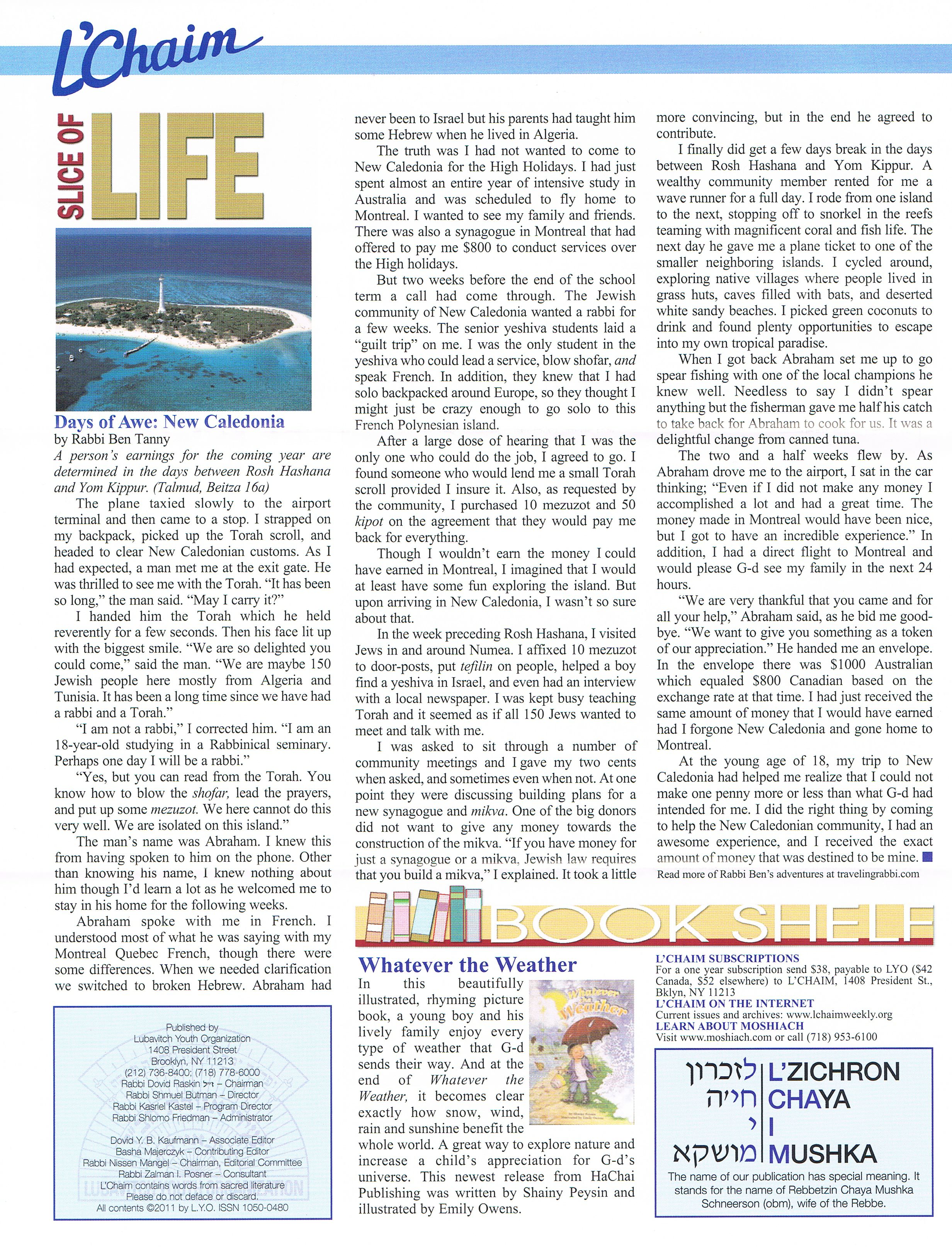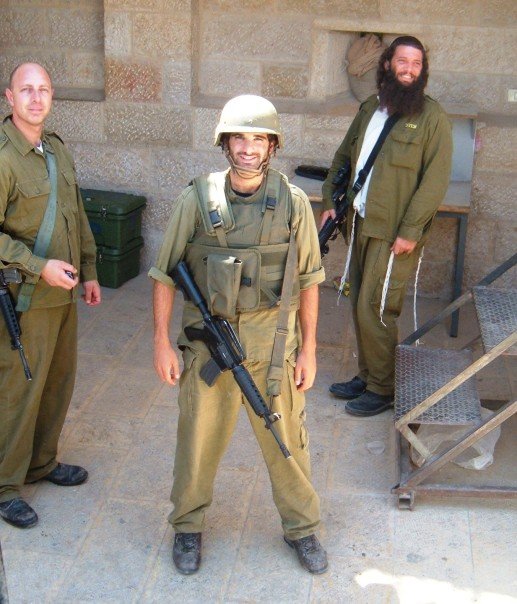Imagine what it would be like today if we had prophecy. Maybe it would be good, but it would also be a bit frightening, don’t you think? I mean, really. Imagine some guy going into a trance and coming out of it and telling you something somewhat cryptic that you don’t entirely understand. “City of New Orleans, repent from your ways or Katrina will come destroy you!” You’re left wondering who on earth Katrina is and instead of cancelling Mardi Gras, there’s a nationwide search for every Katrina out there to make sure none of them blow up the city. And then along comes a hurricane.
I figure that’s kind of what it must have been like back in the days when prophets were common. There were a lot of false prophets and you weren’t quite sure who to believe. Is this guy real, or is he faking it? And then the messages: Doom! Destruction! Repent now! But half the time the people were either not willing or able to see their shortcomings and fix them.
We’re not much different today. The laws given down in the Torah apply as much today as they did 2,500 years ago when prophets still roamed the earth. And I don’t think any of their messages were all that different from the messages we receive in our daily Torah portions. G-d gives us the right way to live, we don’t do what He says, and He promises punishments will come upon the earth because of us. Then it happens and we moan and cry. Why is there a famine this year? Why is there a drought? Why is there an earthquake? Why did the volcano erupt? But we had the answers long ago.
You know, it doesn’t have to be this way. There is a simple solution: repent! Begin to truly follow the Torah! (Or in the case of non-Jews, the 7 Noachide laws.) And you can start today!
Because Yom Kippur falls on Shabbos this year, instead of reading a weekly Torah portion, we will instead read the book of Jonah. Jonah’s one of those prophets I was just describing… and I think we could all identify with him a bit. I mean, imagine the voice of G-d coming to you and telling you to go to Tehran and make an announcement there that the whole city is going to be destroyed. Would you do it? I doubt it! Firstly, because you’d think you were going crazy. Secondly, because you know Ahmadinejad himself would probably come out and throttle you, if the crowds didn’t get to you first. That’s kind of the situation Jonah was in.
But I’m less concerned with poor Jonah and his problems than I am about what actually happened in the end. It’s perplexing – G-d says Nineveh would be overthrown and then it wasn’t. Didn’t G-d know what was going to happen? Did He change his mind or something? How can Jonah ever expect to be believed as a prophet back home when what he prophesied didn’t even come to pass? Now, that’s an even bigger question.
I heard a vort by Rabbi Moshe Hauer that answers these questions exactly, and with such an astounding clarity and simplicity that not only does it solve the problem with Jonah, but it also gives us guidance in our own lives. He said that the city of Nineveh was overthrown. How was it overthrown if the book of Jonah clearly describes how it was saved? Nineveh was not overthrown physically – it was, however, overthrown spiritually… and it was born anew again.
You see, in order to do true teshuva (repentance), the people of Nineveh (who were deeply mired in spiritual muck) had to completely reinvent themselves. They had to give up everything they were and become completely new people. The city had to become a completely new city. The society had to become a completely new society. There was no other way for them to be saved. So instead of being overthrown physically, they started a spiritual revolution. In the blink of an eye they made the decision to change themselves.
This is what we, too, must do on Yom Kippur. It is not enough to simply stand in shul and bang our chests with our fists. It is not enough just to say the words of the prayers. It is not enough to commit to making one small change. If we really want to be written in the Book of Life, we must take drastic measures! We must start our own spiritual revolution. We each have the power to radically transform our lives in one moment – and that moment can be now. We can choose as of right now not to use our cells phones ever again on Shabbos or Yom Tov. We can choose in an instant to only eat in kosher restaurants. We can choose in an instant to change our wardrobe and begin dressing and acting more modestly. We can start our own revolution. We can change our lives, and we can change them now.
Don’t you know you’re talking about a revolution
It sounds like a whisper
And finally the tables are starting to turn
Talking about a revolution
(Tracy Chapman)
We wish you all a meaningful and reflective Yom Kippur.
Read More











